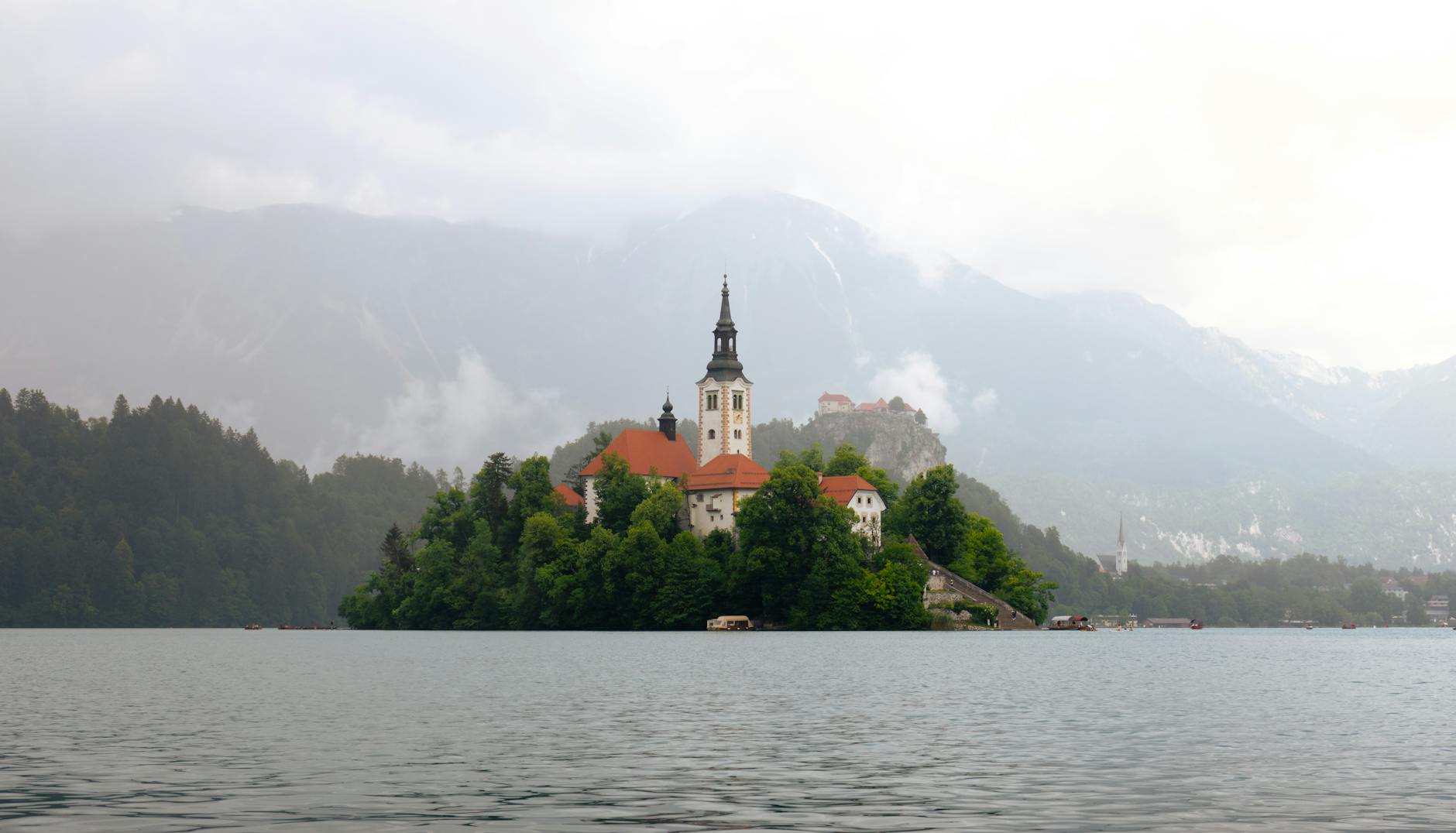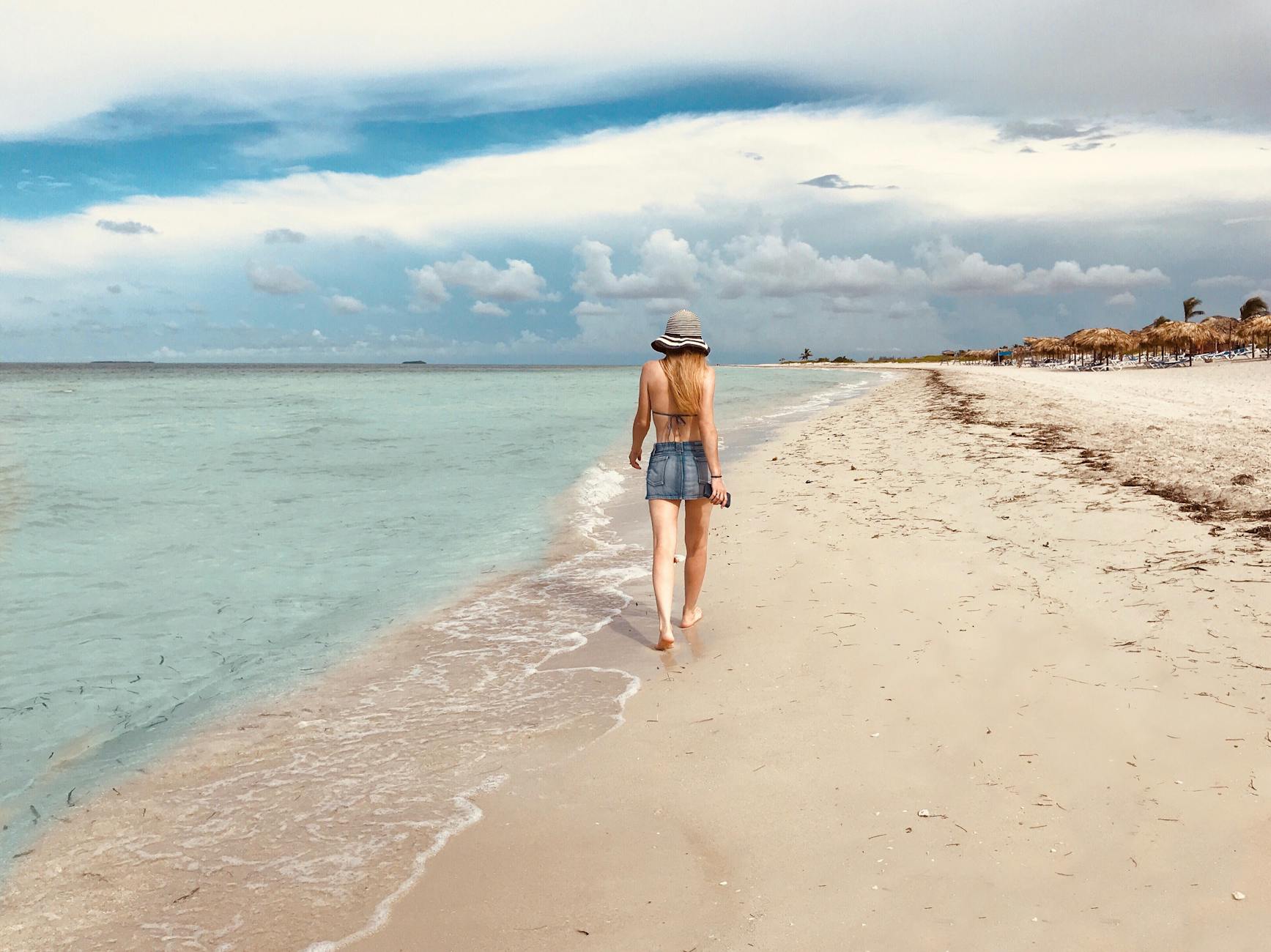How to Travel and Experience Australia's Unique Biodiversity with a Conservation Focus

Explore Australia's Biodiverse Regions
Australia's untamed landscapes are alive with vibrant ecosystems, making them an alluring destination for conservation enthusiasts like myself. Right here in Brisbane, places like the Lone Pine Koala Sanctuary and Mount Coot-tha Botanical Gardens remind me of the rich tapestry of life that surrounds us daily. If you're venturing beyond local wonders, a Galapagos cruise can offer insights into unique species' adaptations and behaviours. Similarly, Patagonia tours provide a front-row seat to some of the planet's most striking biodiversity.
When exploring Australia's natural marvels, let's not overlook the Great Barrier Reef. It showcases an underwater extravaganza as rich in life as it is in breathtaking beauty. As someone devoted to preservation, seeing the reef's vast array of coral species and marine life offers not just enjoyment but a reminder of the ecosystems we aim to protect.
Then there's the Daintree Rainforest, a gem literally pulsing with life. The rustling of cassowaries and the calls of rare birds create a symphony of the forest. Finally, Kakadu National Park presents not only stunning vistas but a living canvas of Aboriginal cultural heritage. Each of these biodiverse regions encourages us to embrace responsible travel, ensuring these precious ecosystems thrive for future generations.
Engage in Conservation Activities
Participate in Wildlife Monitoring
As a dedicated Conservation Scientist residing in Brisbane, I am constantly seeking ways to contribute to biodiversity conservation. One of the most rewarding activities is participating in wildlife monitoring initiatives. These programs provide hands-on experience with ecological surveys and data collection, helping track species' movements and health states. Recently, I had the chance to assist with monitoring projects at the Lone Pine Koala Sanctuary, where I learned about the intricacies of Queensland’s ecosystems and the critical importance of habitat protection.
Volunteer at Conservation Projects
Volunteering offers a unique opportunity to make a tangible impact. Organisations often need skilled individuals to support their conservation efforts. Whether aiding in the rehabilitation of injured wildlife or helping to revive habitats, my volunteer work not only expands my understanding of Australia's natural world but also enriches my professional journey. Joining initiatives abroad, like Africa tours, could offer further insights into diverse ecosystems and conservation tactics.
Join Restoration Efforts
Restoration efforts are crucial for reversing environmental damage, and I find them particularly fulfilling. Restoring ecosystems involves replanting native species, improving soil conditions, and maintaining biodiversity. Opportunities abound locally and internationally, such as on central america tours, where restoration activities focus on tropical forests and coastal regions. These experiences not only enhance my knowledge but align with my goal to integrate global insights into local conservation efforts.
By connecting with these initiatives, I’m continually inspired to advance the preservation of diverse ecosystems, contributing both locally and beyond.
Ethical Travel Practices
Eco-friendly Accommodation Choices
In the heart of travel aimed at biodiversity conservation, selecting eco-friendly accommodations is paramount. Such choices not only reduce your carbon footprint but also support sustainable tourism ventures. For instance, many lodges and hotels near conservation hotspots employ local materials and renewable energy. As you plan your south america travel, consider staying in accommodations that prioritise water conservation and waste reduction, blending comfort with ecological responsibility.
Sustainable Transportation Options
Opting for sustainable transportation can significantly minimise your environmental impact during travels. Public transit, cycling, and carpooling emerge as preferred choices, particularly when exploring areas renowned for their fragile ecosystems. If you're considering immersive south america tours, choose tour operators committed to low-emission vehicles or those offering walking expeditions. This not only lessens carbon emissions but also provides a slower-paced experience to absorb the rich biodiversity.
Respecting Indigenous Lands
A vital component of ethical travel involves respecting Indigenous lands and cultures. This means acknowledging the traditional custodians of the land and engaging with their communities respectfully and thoughtfully. During your ventures, especially to iconic places like the Great Barrier Reef or Kakadu National Park, it’s essential to seek out experiences that offer authentic insights into Indigenous knowledge and customs. Similarly, as you plan trips abroad, such as to rich biodiversity regions like D'Aguilar National Park or the Galapagos, doing so ensures that your travel enriches both personal growth and broader conservation efforts.
Educational Opportunities
Attend Workshops and Seminars
Exploring educational opportunities can offer enriching insights for anyone passionate about conservation. Engaging with workshops and seminars can be an invaluable way to deepen your understanding of biodiversity while networking with like-minded individuals. Whether you're delving into ecology or emerging environmental strategies, these experiences can enhance your expertise and broaden your perspective on global conservation issues. As you absorb knowledge in these sessions, you're also contributing to vital discussions that shape the future of our natural world.
Connect with Local Conservationists
Connecting with local conservationists is a profound way to gain firsthand insights into ecological efforts and challenges. By fostering these connections, you gain access to real-world experiences and expertise that's often unavailable in books or articles. Such interactions can lead to fruitful collaborations and innovative approaches to conservation. Building these relationships can vastly enrich your perspective on ecological realities, equipping you with new strategies to apply in your own conservation efforts.
Explore Informative Exhibits and Centers
For those interested in biodiversity and conservation, exploring exhibits and centers provides tangible insights into ecological challenges and solutions. These spaces often feature informative displays and interactive experiences that illustrate conservation principles in action. Whether it's learning about the strategies behind south american tours or understanding local fauna, these centers are a treasure trove of knowledge. By engaging with these exhibits, you not only broaden your ecological understanding but also support the institutions dedicated to preserving our planet.
Common Challenges
Navigating Limited Research Funding
In the realm of biodiversity conservation, one of the most pressing challenges is the scarcity of research funding. Without adequate financial support, it becomes increasingly difficult to sustain and advance crucial environmental projects. In my conversations with fellow conservationists at the Lone Pine Koala Sanctuary and D'Aguilar National Park, there’s a shared sentiment about the need for inventive fundraising solutions. Research grants, partnerships with local businesses, and even eco-tourism are viable pathways to funnel more resources into essential studies and development.
Work-Travel Balance
For those of us drawn to the wonders of nature, maintaining a harmonious balance between professional obligations and travel can be tricky. Many enthusiasts find themselves torn between spending time at Mount Coot-tha Botanical Gardens and managing their weekday commitments. By utilising strategies like remote working from conservation destinations or scheduling short, impactful trips, it's possible to satisfy both our ecological curiosity and career responsibilities.
Tackling Environmental Threats
Environmental threats such as pollution, deforestation, and climate change pose significant obstacles to conservation efforts. Each visit to places like the Daintree Rainforest reaffirms the importance of collective action. Whether through volunteering in local cleanup projects or participating in educational seminars that highlight innovative conservation methods, our contributions are vital. Together, informed by places like the Great Barrier Reef, we can face these threats with resilience and adaptability. Let’s be inspired by Brisbane’s commitment to ecological health and do what we can to protect these incredible natural habitats for future generations.


